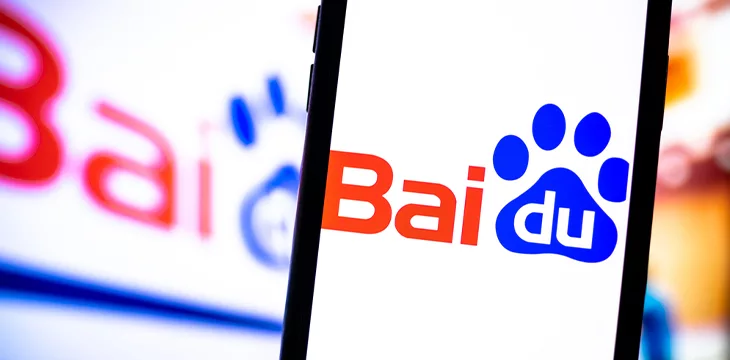|
Getting your Trinity Audio player ready...
|
Months after its launch, Baidu’s artificial intelligence (AI) chatbot Ernie Bot has amassed over 100 million users to secure a significant portion of the Chinese market.
The company confirmed the milestone at a generative AI summit in Beijing, with the firm’s CEO, Robin Li, hinting at new functionalities to trigger greater adoption metrics. Designed as a local alternative to OpenAI’s ChatGPT, Ernie Bot received praises from critics, surging to the top of the Chinese App Store within hours of its launch.
Ernie Bot’s commercial launch, described as a “partial unveiling” given its frantic release with limited functionalities, did little to dampen the enthusiasm of users. The launch follows the introduction of interim measures by Chinese regulators in August, giving the green light for firms to roll out their offerings.
Since Ernie Bot’s launch, several Chinese technology firms have launched their AI chatbot, with one report pegging the number of offerings at over 70.
In the months following the release, Baidu has improved Ernie Bot’s functionalities, introducing Ernie 4.0 as its “most powerful model to date.” The technology company disclosed that the new iteration demonstrates advanced competencies in “understanding, generation, reasoning, and memory.”
A combination of a well-timed first-mover advantage, a tailor-made approach to the Chinese language, and key upgrades to the offering have contributed to Ernie Bot’s new milestone. With China’s population hovering around the 1.4 billion mark, Ernie Bot’s 100 million users represent 7% of the Chinese population, leaving room for exponential growth.
For all its milestones in mainland China, Ernie Bot faces an uphill climb to achieve global dominance as it continues to catch up to ChatGPT, Bard, and Claude. In terms of its functionalities, a new ranking by SuperClue puts Ernie Bot ten points below ChatGPT-4 with a score of 79.02.
Safe AI or nothing
Authorities in China have reiterated their commitment to pursue safe AI usage by launching new guidelines to regulate commercial usage. According to a set of rules published by China’s National Information Security Standardization Committee, AI developers are barred from training their models with data “undermining national unity and social stability.”
On the law enforcement side of things, authorities at the Network Security Bureau have pledged to crack down on AI and Web3 offenses to protect the country’s digital economy.
“[We have been] monitoring [the use of] Chat GPT, cloud computing, blockchain, deepfake AI and other new emerging technologies, new applications, new organizations [in these incidents],” said Jinfeng Sun, an official at the Network Security Bureau.
In order for artificial intelligence (AI) to work right within the law and thrive in the face of growing challenges, it needs to integrate an enterprise blockchain system that ensures data input quality and ownership—allowing it to keep data safe while also guaranteeing the immutability of data. Check out CoinGeek’s coverage on this emerging tech to learn more why Enterprise blockchain will be the backbone of AI.
Watch: Artificial intelligence needs blockchain

 07-02-2025
07-02-2025 





